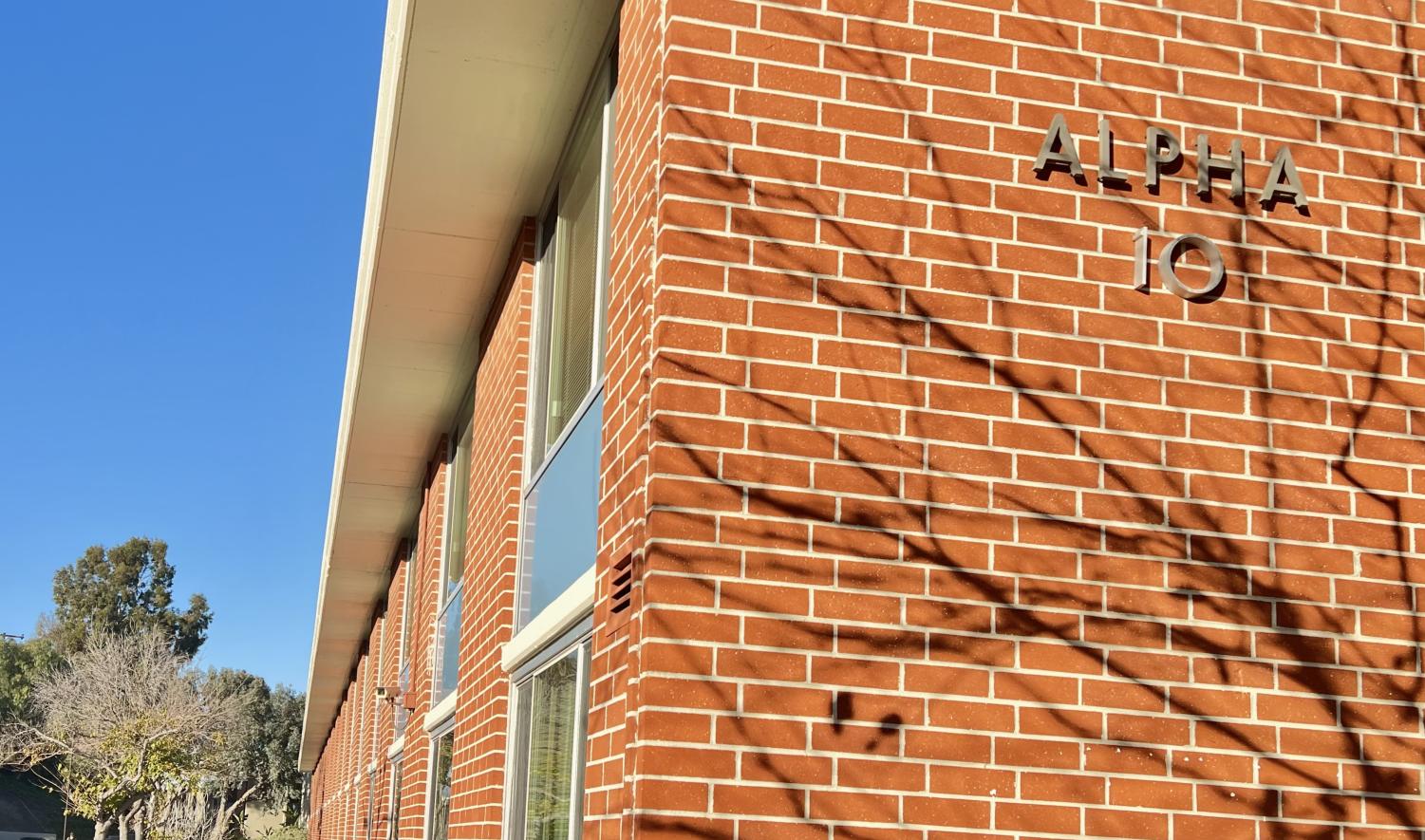Biola’s Alpha Hall has been an all-female dorm since its construction in 1966, but this will change effective fall 2023 as it transitions into a co-ed dorm. On Jan. 31, the assistant housing manager, Priscilla Schubert, sent an email to students written by Sandy Hough, the Dean of Community Life and Title IX Coordinator. It outlined the upcoming changes in Housing and Residence Life.
END OF AN ERA
Sigma Hall, Hart Hall and Alpha Hall will become designated dorms for incoming freshmen. This change leaves Hope Hall, Horton Hall and Stewart Hall for sophomores, juniors and seniors. Blackstone Hall will remain available for all students. In the email, Hough explained that these changes are meant to allow for more specific and relatable programming that will enhance students’ ability to engage with their peers.
“We want to strengthen the opportunity for connectivity by restructuring the way we house students so that students live among peers who are closer to them in age and life stage,” Hough said. “Research of other universities has shown that grouping students into intentional communities significantly increases the chances of long lasting friendships to develop organically.”
Alpha will make the transition from being the last all-female dorm at Biola to co-ed after 57 years, with Alpha West having female students and Alpha East with male students. Hannah Petinak, a freshman English major who lives in Alpha, shared her viewpoint about the changes.
“Personally, I feel sad that Alpha is becoming co-ed. The all-female community was what made it unique and it was the last residence hall of its kind,” Petinak said. “I know people who would feel uncomfortable living in a co-ed dorm. This will be difficult for people having to adjust away from the safety of the Alpha community.”
Biola alumna Tricia McDaris lived in Alpha during her time at Biola from 1990-1994.
“I wonder if the culture that has developed over the years will be disrupted. Also, there may be women that will feel more comfortable in an all-female dorm,” McDaris said after hearing the news of the transitions happening on campus.
In response to Alpha also becoming a freshman-only dorm, McDaris admitted, “I think it’s a great idea to make space for new friendships to grow.”
CHANGING COMMUNITIES
Alpha is not the only one going through changes. Both Hart and Sigma are set to become designated freshmen dorms next semester, leaving current residents without the option to live there again.
Sammy Dong, a freshman psychology major, suggested that some of the small dorms be left for continuing students wanting to remain within a tight knit environment.
“I feel like a lot of the friendships that were made in Hart may not carry into another dorm because Horton and Hope are very big so it could be hard to find that community again,” Dong said.
Hough justified the changes as a way to strengthen the community.
“We hear from our students often that many friendships and a sense of community at Biola are built in the residence halls,” Hough said. “We want to strengthen the opportunity for connectivity by restructuring the way we house students so that students live among peers who are closer to them in age and life stage. Research of other universities has shown that grouping students into intentional communities significantly increases the chances of long-lasting friendships to develop organically.”
Some students view these changes, specifically those for incoming freshmen, as an opportunity to build community. Biola traditions like Nationball and other dorm specific traditions will continue.
Students are encouraged to reach out to resident directors for help adjusting during this transition.













